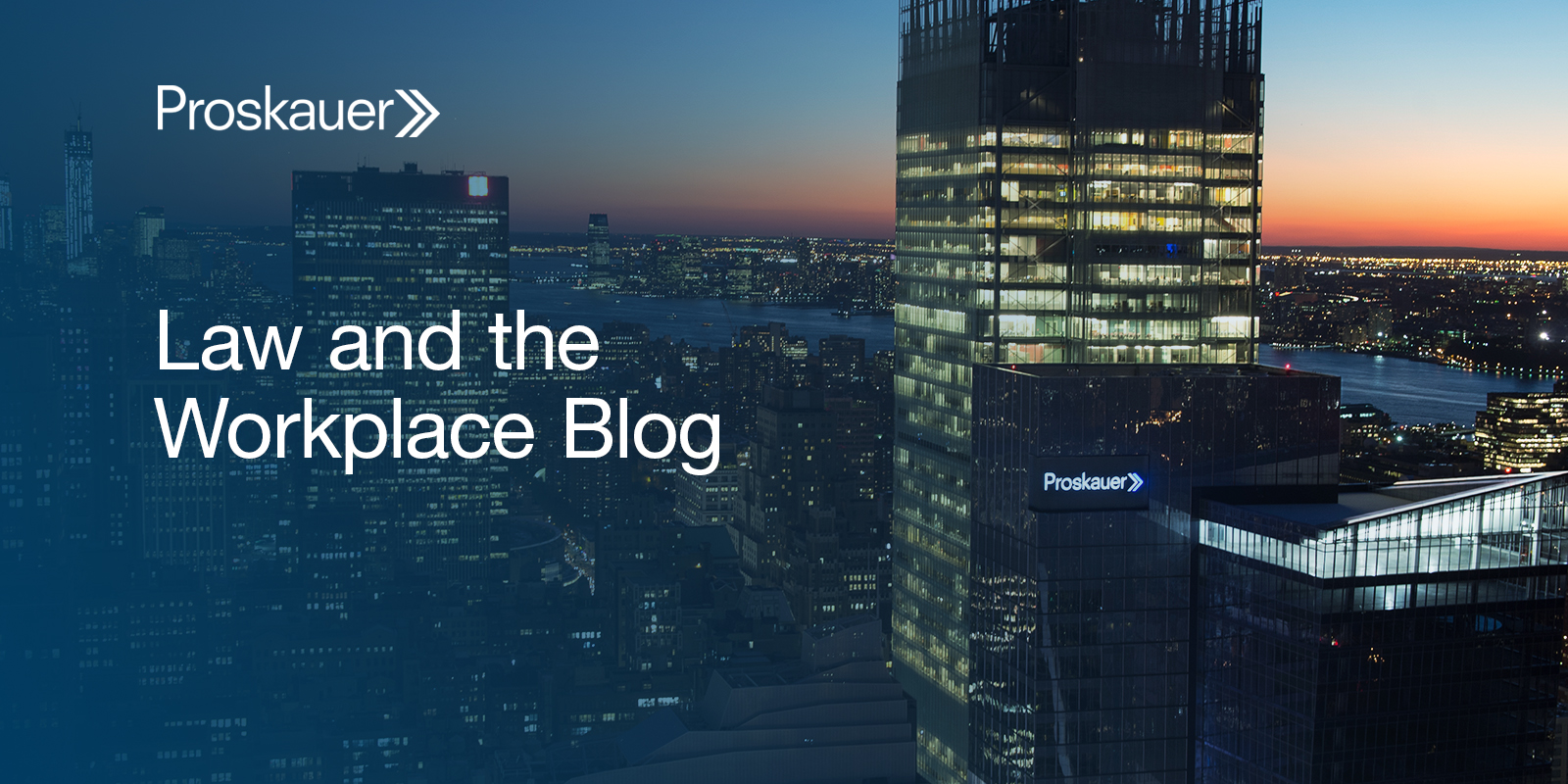Can you clawback some of the fees if you are sponsoring an employee who is a foreign national for permanent residency?
Companies hire foreign nationals who require visa sponsorship when they cannot find an American worker with the required skill sets. This is often in the STEM fields. Visa sponsorship is not without cost to the employer. Employers can recover a portion the immigration sponsorship fees through “clawback” clauses in their employment agreements. Clawback provisions are terms in the employment agreements that, in the event of a resignation by the employee before a certain date, require the employee to reimburse the employer for a portion of the costs or fees associated with his or her visa sponsorship.
Not All Visa Fees Can Be Clawed Back
But first, it’s important to understand which sponsorship fees and costs are potentially recoverable and which are prohibited from being “clawed back.”
- H-1B Petition: Because these visas have a prevailing wage set by the U.S. Department of Labor (DOL) a H-1B employer may not clawback any attorney fees or government filing fees used to obtain the H-1B petition approval by U.S. Citizenship & Immigration Services (USCIS).
- Other visas : The same restriction is applicable to the Australian E-3 Visa and the Singapore/Chile H-1B1 Visas, as well as to the H-2A and H-2B visas.
- PERM labor certification sponsorship for permanent residence : PERM is the most common way for an employer sponsor a foreign employee for permanent residence (green card). This is done by proving to DOL there was no qualified U.S. worker who applied for the job. An employer is required to pay for all of the fees and costs associated with the PERM process.
- I-140 Immigrant Petition: After DOL certifies the PERM application and agrees that no qualified U.S. worker is available, the employer must file an I-140 immigrant petition with USCIS. The attorney fees and costs associated with the I-140 can be clawed back. The I-140 immigrant’s petition is used by the employer to prove that the foreign national has all the education, experience, and special skills outlined on the PERM filed with DOL. In addition, the I-140 includes financial documents showing that the employer has the ability to pay the offered wage.
- I-485 Adjustment of Status to Permanent Resident filing: The employer may clawback the fees and costs associated with the I-485 adjustment of status application (green card).
Practice Pointers
- Still At Will: The clawback provisions should be in writing. It should also indicate that the employment is still at will, if applicable.
- Final Paycheck: The majority of states, including California, do not allow an employer to deduct anything from a final paycheck without the express consent of the employee. This includes any fees or costs incurred pursuant to a clawback provision.
- Deterrence: Given that an employer cannot clawback from the final paycheck and suing a former employee to collect the amount in controversy is not always practical, a clawback provision can be used as a deterrence for early departure. For additional guidance, contact your Sheppard Mulin attorney.






